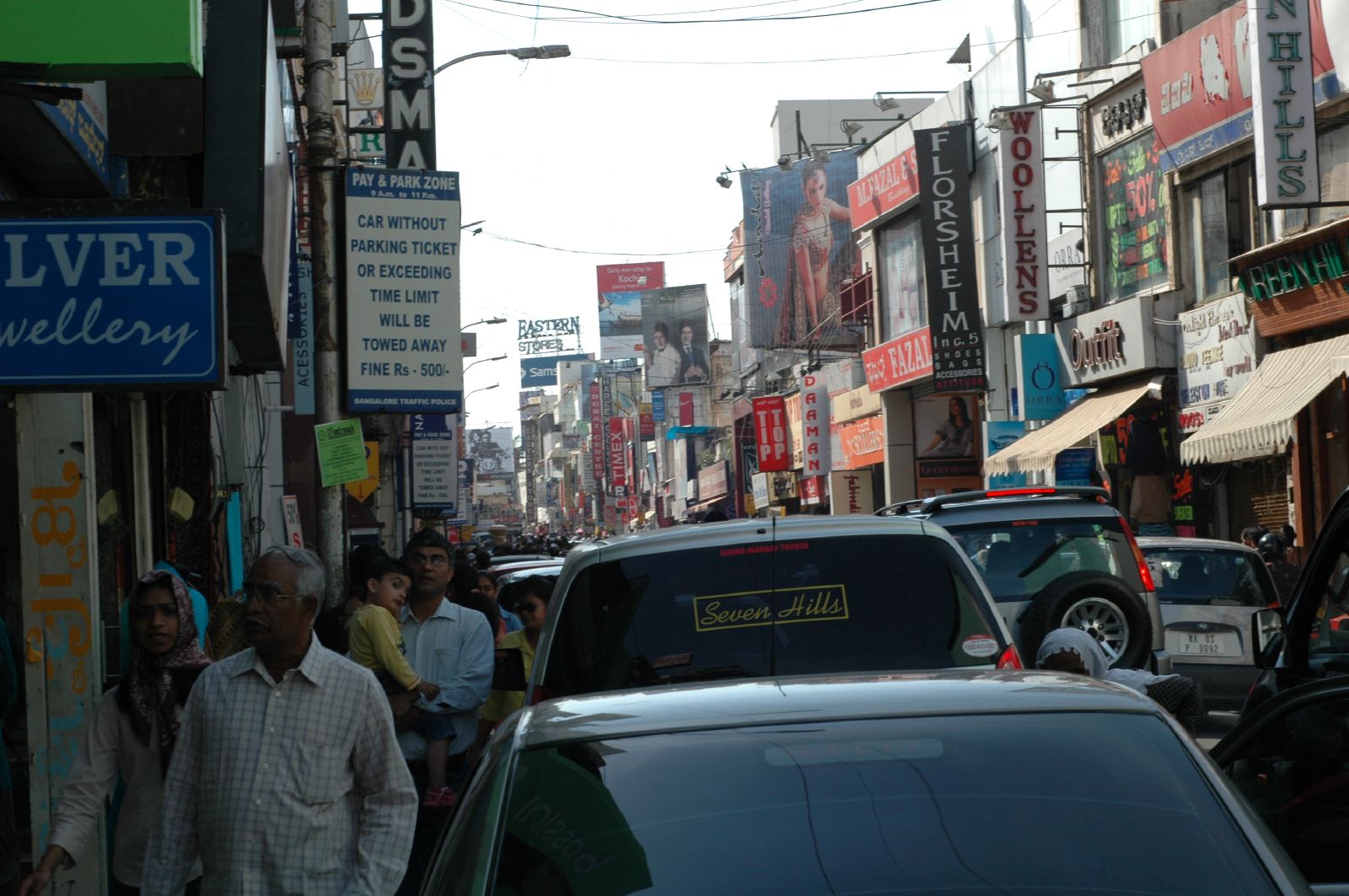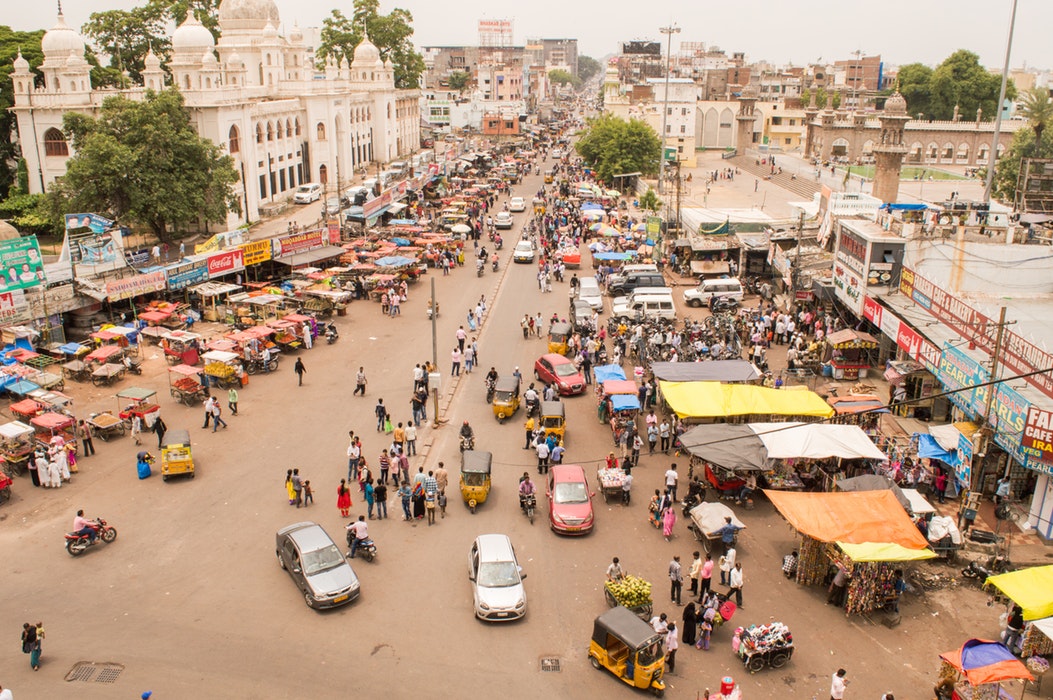Does India Need a Better Parking Policy?
In India, parking deserves more policy attention than it has historically received. As things stand today, India has over 22 million cars with clearly inadequate policies. How is parking policy in India falling short of addressing prevalent parking issues?

The problem of parking
India faces a lack of sufficient parking space, woefully falling short of the need generated by a growing number of vehicles. Such is the condition that motorists frequently spill onto busy roads, worsening the traffic at peak hours. Pollution also remains a cause for concern and adds to the enormity of the crisis. It is evident that Indian cities were not planned to accommodate the current deluge of cars. The apathy of present-day planners has only made the situation worse.
The current policy
India does not have a comprehensive law relating to parking, leave alone a nation-wide general policy. Generally, laws related to parking address parking regulation and enforcement. The National Urban Transport Policy also known as NUTP set the tone for parking standards back in 2006. It declares land as a valuable commodity and mandates parking fees to reflect the market value of the land utilized for parking.
At the same time, it directs the State governments to make suitable amendments to building rules to provide adequate parking spaces. Determination of parking space is a state subject and divested to urban local bodies through the process of decentralization. These steps taken by the government over a decade ago were logically sound but their impact has yet to be seen. This is a direct result of improper to no enforcement of these laws.
Recently, the Delhi High Court approved a policy framed by the Environmental Pollution Control Authority (EPCA). The policy stated that private vehicle owners should be liable to pay the cost of the use of public spaces required for parking. It went on to state that parking policy cannot be based on the increase of parking supply but on restricting the availability of parking in the city and strict enforcement to ensure against misuse.
We need a better parking policy
There is a clear need for greater enforcement of rules. Rules relating to traffic shouldn’t just focus on targeting current problems but also aim to futureproof their solutions. Here, embracing the IT revolution and adopting smart parking systems can help.
Smart parking can significantly curb pollution levels through sustainable urban mobility, saving time and energy. By leveraging IoT, smart parking easily problems afflicting urban cities by implementing dynamic pricing based on available space, significantly reduce congestion and overuse of parking lots.

